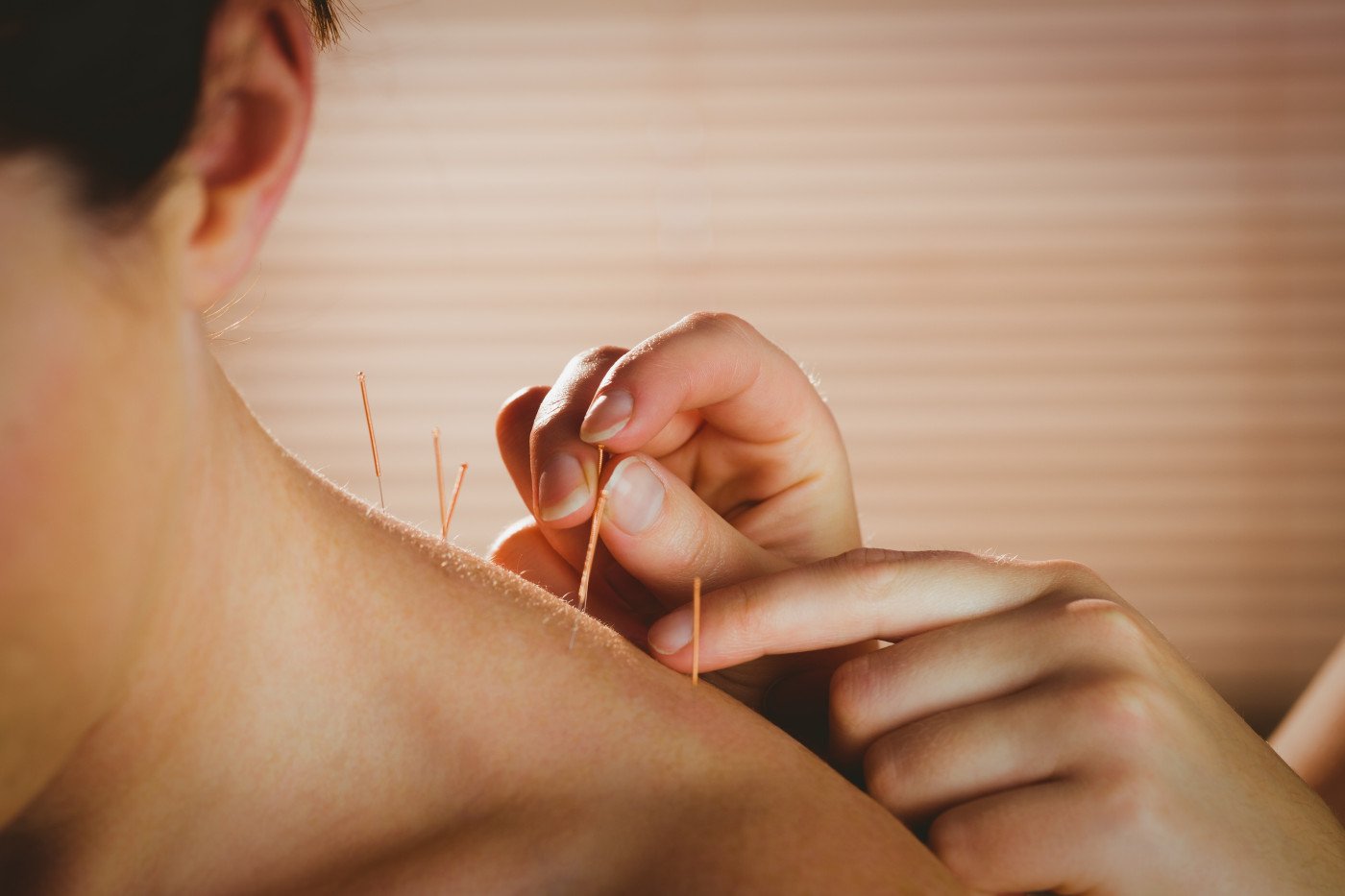Acupuncture Helps to Manage Effects of HSCT and Chemo in Myeloma Patients, Study Says
Written by |

Acupuncture can help ease the nausea and drowsiness that follows an autologous hematopoietic stem cell transplant in multiple myeloma patients, a new study suggests.
These symptoms can be common in patients, as hematopoietic stem cell transplant (HSCT) is preceded by a heavy dose of chemotherapy.
Published in the journal Support Care in Cancer, the study is titled “Acupuncture for reduction of symptom burden in multiple myeloma patients undergoing autologous hematopoietic stem cell transplantation: a randomized sham-controlled trial.” It was conducted by scientists at Memorial Sloan Kettering Cancer Center in New York and at MD Anderson Cancer Center in Houston, Texas.
HSCT, which uses a patients own stem cells, is potentially curative and is considered standard of care for many blood cancers. But side effects can be severe, and medications to help manage them often carry complications when used long term.
“Combining non-drug therapy with drug therapy for better symptom management is the future direction of cancer supportive care,” the study’s lead author, Gary E. Deng, MD, PhD, said in a CURE press release. Deng is medical director of the Integrative Medicine Service at Memorial Sloan Kettering.
To evaluate acupuncture’s effectiveness in helping to manage symptom burden, researchers enrolled about 60 myeloma patients set to undergo HSCT into a randomized clinical trial (NCT01811862) that they hope will be the foundation for a larger study.
All patients received high-dose chemotherapy with Alkeran (melphalan) followed by stem cell transplant. Patients were then randomized to receive once daily true acupuncture, or so-called “sham” treatment, for five days, starting the day after chemotherapy. The severity of symptoms was determined at baseline, during transplant, and 15 and 30 days after the transplant.
Acupuncture treatment did not improve overall symptom severity, but patients who received it showed significant improvements in nausea, lack of appetite, and drowsiness 15 days after the transplant. Those in the acupunture treatment group also were five times less likely to require pain medication to manage their symptoms compared to those in the sham group.
“This is the first study that suggests acupuncture being a non-drug therapy that reduces symptoms and use of pain medications in bone marrow transplant patients,” Deng said. “If confirmed in a larger study, we would have one more therapy that helps those patients through the course of transplantation.”



